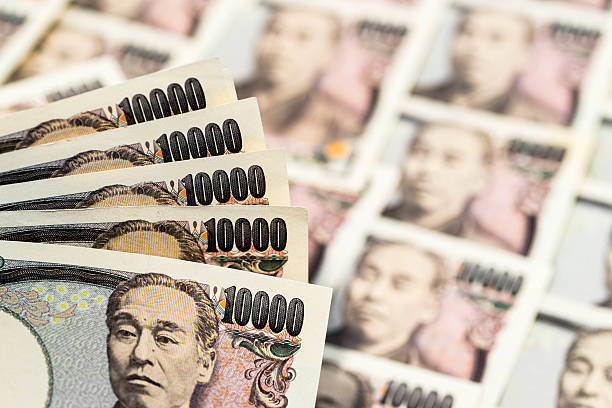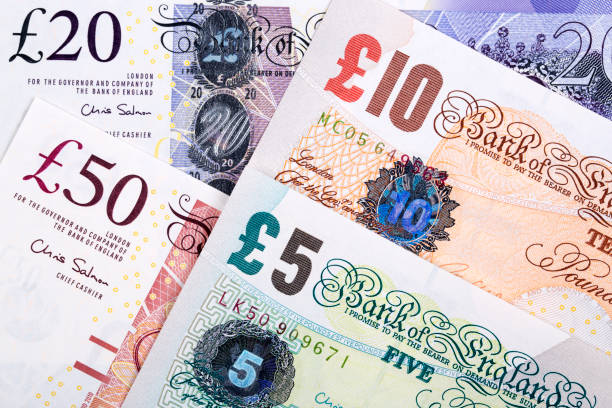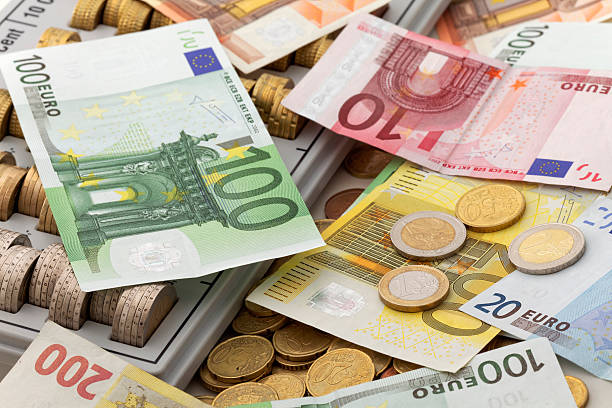Taiwan aims to double chip and gadget sales to India within seven years

Taiwan plans to boost its chip and gadget sales to India by twice the current amount within five to seven years, taking advantage of India’s growing phone business with America.
The move comes as India ships more phones to the United States, with sales jumping almost 40% compared to last year. In the first five months of the budget year starting in April, India sent $8.43 billion worth of phones to America, mostly Apple iPhones. These Indian phone exports don’t face the higher taxes that other goods do when entering the U.S. market.
James C. F. Huang, who leads Taiwan’s main trade group and used to serve as the island’s foreign minister, spoke about the growing business ties between the two places. He made these comments during the Taiwan Expo trade show on Thursday.
“Electronic industries are driving the growth of trade between our two countries,” Huang said. “I believe in the next five to seven years, the trade and investment which we have in India can double.”
According to Taiwan government officials, Taiwan’s big companies have already invested about $5 billion in Indian factories.
Last year, Powerchip Semiconductor teamed up with Tata Electronics for an $11 billion project to build India’s first computer chip factory powered by smart computer technology. The factory in Gujarat state received support from a $10 billion government program meant to encourage such projects.
This year, Foxconn, which makes products for Apple, announced it would spend $1.5 billion on its Indian operations. The company is moving more of its work out of China to avoid trade taxes.
Huang said he doesn’t worry that higher U.S. taxes on Indian goods will hurt Taiwanese companies doing business there.
“I don’t think it’s going to affect Taiwan-India trade relations or investment relations,” he said. He pointed to India’s big home market and new chances in oil-based chemicals, cloth making, and electronic goods.
Huang explained that several Taiwanese companies are investing in Indian operations, importing more parts from Taiwan, and creating local supply networks to support their work in the country.
Taiwan sold more than $10 billion worth of goods to India in 2024, with computer chips, electronic parts, and machines making up most of these sales. Just five years ago, the total was only about $4 billion, based on numbers from India’s government.
Most countries don’t have official government ties with Taiwan, and India follows this same approach. But the two places have built strong business connections. Indian government workers have said New Delhi wants more investment from Taiwan, which makes a lot of the world’s computer chips.
Chip makers use smart software to cut power use
Companies that make computer chips are now using smart software to design chips that use less electricity. The world’s biggest chip manufacturer showed this new approach on Wednesday.
Taiwan Semiconductor Manufacturing Co., which makes chips for Nvidia, presented ways to make computer chips about 10 times more energy efficient at a meeting in Silicon Valley.
Nvidia’s top computer servers for smart technology can use as much as 1,200 watts when working hard. This equals the power that 1,000 American homes would use if running all the time.
The improvements come from new chip designs where smaller pieces called “chiplets” using different technologies get put together to make one complete computing package.
To use these new methods, chip design companies are relying more on smart software from companies like Cadence Design Systems and Synopsys. Both companies showed new products on Wednesday that they made while working closely with TSMC.
For some hard jobs in chip design, the software tools from TSMC’s partners found better answers than the company’s own human workers – and they did it much faster.
Get up to $30,050 in trading rewards when you join Bybit today







